A secure energy future - SURE focuses on security of supply
How can energy security be guaranteed in the future decarbonised energy system? How do we get there and what disruptions to the system do we need to be prepared for? The SURE consortium (Sustainable and resilient Energy for Switzerland), led by the Paul Scherrer Institute (PSI), is addressing these questions. It is one of four consortia that won the first tender for SWEET, the funding programme of the Swiss Federal Office of Energy (SFOE).
SURE coordinator Tom Kober, head of the Energy Economics Group in the Energy System Analysis Laboratory at PSI, explains how the consortium is proceeding and what goals it is pursuing.
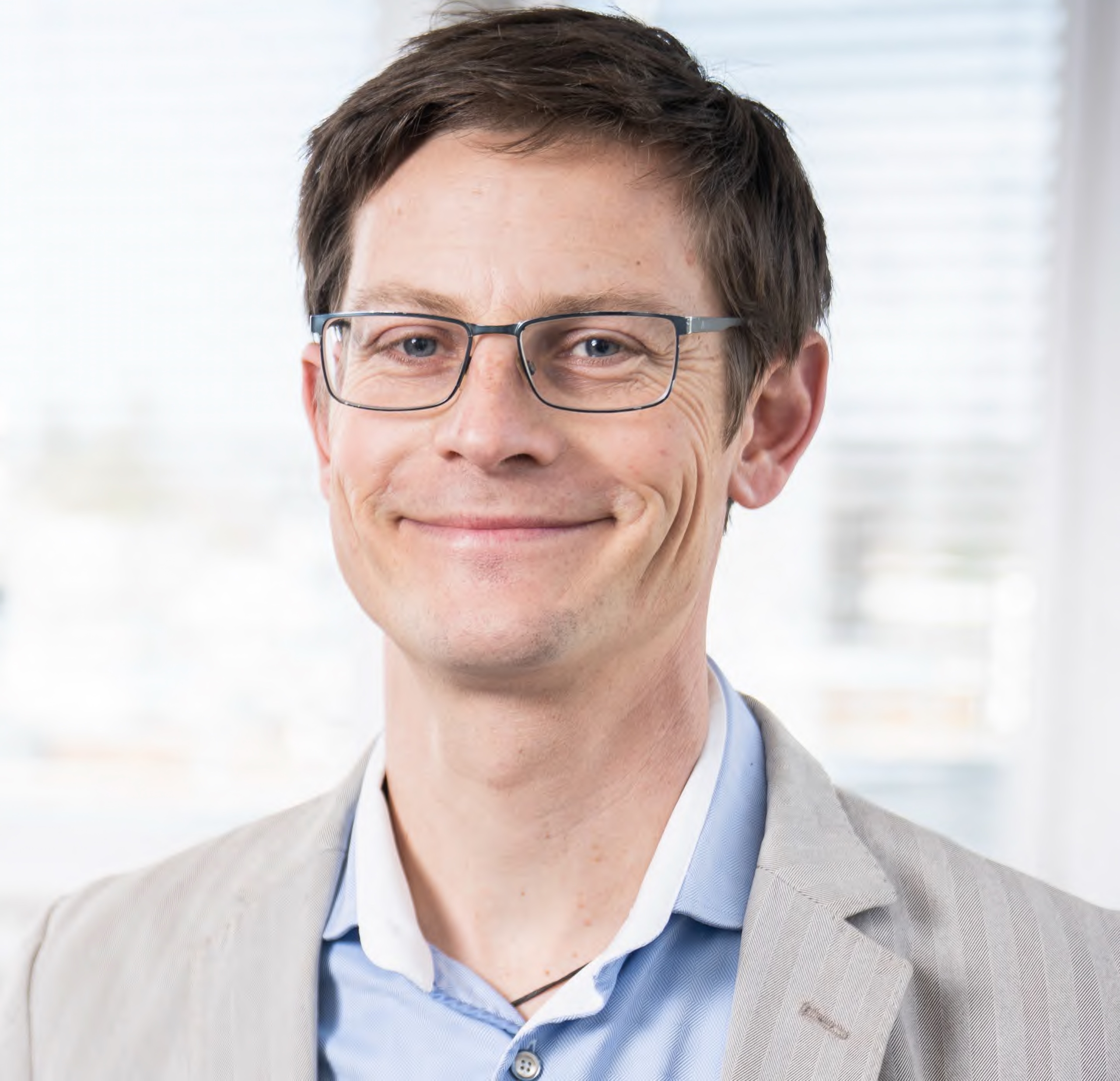
Tom Kober, SURE coordinator Image: Paul Scherrer Institute/Mahir Dzambegovic.
Energeiaplus: What does your consortium want to achieve with the project?
Tom Kober: We are investigating how we can achieve a sustainable and robust energy supply within the framework of Switzerland's energy and climate goals. Using a novel approach, we are analysing different scenarios of how the Swiss energy system could transform in the future. In particular, we are interested in how resilient the system is to potential shocks.
What will the collaboration between the various partners look like?
Tom Kober: Our team consists of ten renowned research partners and more than 15 cooperation partners. We bring together researchers from different scientific disciplines, including engineering, law, economics, political science and computational science. We combine different modelling tools to comprehensively and holistically investigate the future transformation of the Swiss energy system.
How important are the social sciences and humanities in the consortium?
Tom Kober: The transition to a decarbonised energy system is a challenge for society as a whole. That is why it is important for us not only to analyse the technical and economic effects of the transformation, but also to include the perspectives of various stakeholders as well as legal and political issues. For the consumer perspective, for example, we are pursuing a game-based approach. We model the future energy system in a video game and learn from the players: How do they behave in differently designed energy systems and how do they react to various shocks that could occur in the future?
What is SURE's concrete contribution to the Energy Strategy 2050?
Tom Kober: The findings from SURE provide decision-makers with a sound basis. They also show a broader audience how we can build aCO2-free energy system that is also highly resilient - in other words, ensures a secure energy supply. Our analyses will not only be carried out at national level: One case study will look at the cantonal level, a second at an urban agglomeration and a third at the decarbonisation of the industrial sector.
https://youtu.be/WRLH5MzDmIg
Video interview: Fabien Lüthi; Communication Federal Office of Energy
SWEET - "SWiss Energy research for the Energy Transition" - is a research funding programme of the Swiss Federal Office of Energy (SFOE). The aim of SWEET is to promote innovations that make a significant contribution to the successful implementation of the Energy Strategy 2050 and the achievement of Switzerland's climate targets.
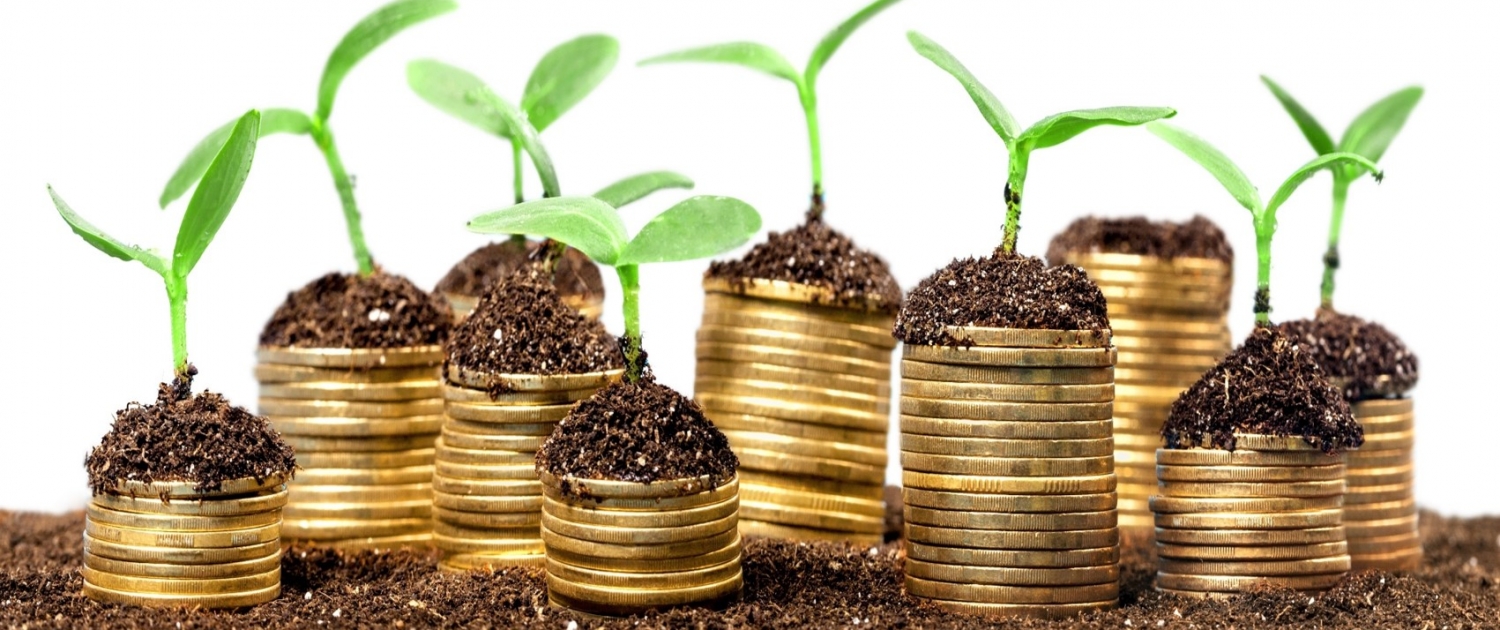 Shutterstock
Shutterstock
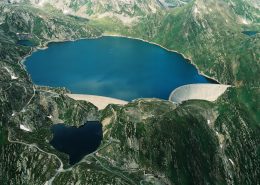 Mehrzwecknutzung alpiner Speicherseen
Mehrzwecknutzung alpiner Speicherseen 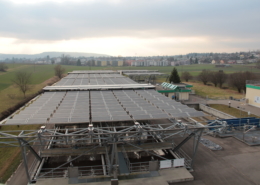 BFE - Brigitte MaderSolarfaltdach auf Expansionskurs
BFE - Brigitte MaderSolarfaltdach auf Expansionskurs 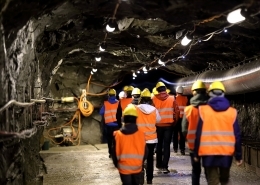 SCCER-SoEAusflug ins Erdinnere: Eröffnung des Bedretto Labs
SCCER-SoEAusflug ins Erdinnere: Eröffnung des Bedretto Labs 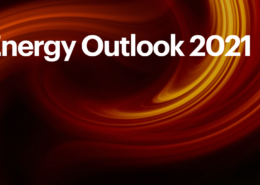 IEA.org«Le chemin vers la neutralité carbone est encore long»
IEA.org«Le chemin vers la neutralité carbone est encore long» 
 shutterstock
shutterstock Benedikt Vogel
Benedikt Vogel
„Wir modellieren das zukünftige Energiesystem in einem Videogame und lernen von den Spielerinnen und Spielern: Wie verhalten sie sich in unterschiedlich ausgestalteten Energiesystemen und wie reagieren sie bei verschiedenen Schocks, die in der Zukunft eintreffen könnten.“
Klardeutsch: Energiestrategie 2050 ist nicht umsetzbar, Energie/Strommangel vorprogrammiert, Sparziele Utopie pur und jetzt müssen wir das Volk abtasten wie es wohl reagieren wird wenn’s rolling blackouts gibt, Lastabwurf, zu kalt für Luft WP’s, Rationierung Energieträger, Elektrisch fürs E-Auto.
Welcome im 21. Jahrhundert, Primat der Ideologie, Physik nebensächlich, sichere Energie/Stromversorgung verhunzt, brutaler Sozialkonflikt angesagt.
Versorgungssicherheit heisst ja zuerst einmal genügend (elektrische) Leistung in schwierigen Situationen. Ich habe vor einigen Jahren eine an eine WASTA – Statistik angehängte Umfrage angestossen mit der Frage, wieviel Leistung im Februar bei einer Kältewelle über 72 Stunden geliefert werden könnte. Das Resultat: Es wird sehr knapp, was nicht verwundert, wenn man mit der Realität und nicht nur mit Simulatione vertraut ist.
Falls beim BFE nicht mehr auffindbar: Ich habe noch ein paar Zahlen.
Ein gutes 2022!
Kurt Wiederkehr
Der Ersatz der fossilen Energieträger findet aktuell mehrheitlich durch Strom statt. In gewisse Sektoren ist Strom allerdings keine Alternative (industrielle Prozesse, Flugverkehr…). Ich denke es ist auch etwas gefährlich das ganze Energiesystem (mit Ausnahme der vorgenannten Anwendungen) auf ausschliesslich einen Energieträger zu abzustellen.
Ich denke es ist daher wichtig unsere Gasnetze (auch in den Städten) aufrecht zu erhalten und erneuerbar hergestelltes Gas als Backup-Energie in einem eigenen Verteilsystem im schweizer Mittelland zu etablieren.
Auch bin ich nicht der Meinung, dass in Zukunft die heutigen 708970 TJ an importierter Energie in Zukunft im Inland hergestellt werden könnte. Das heisst die Abhängigkeit vom Ausland bleibt – da bietet sich das Gasnetz ebenfalls an um darüber, im sonnenreichen Süden erzeugtes erneuerbares Gas, zu importieren.
Zusätzlich braucht es kleinräumliche Energiespeicher, zum Beispiel im Ort/Quartier, aus dem die Spitzenabdeckung erfolgen kann, oder zur Not eine Überbrückung kürzerer Stromlücken. Diese Speicher bieten sich als Gasspeicher an, in dem die Energie verlustlos mit Lowtech gespeichert werden kann.